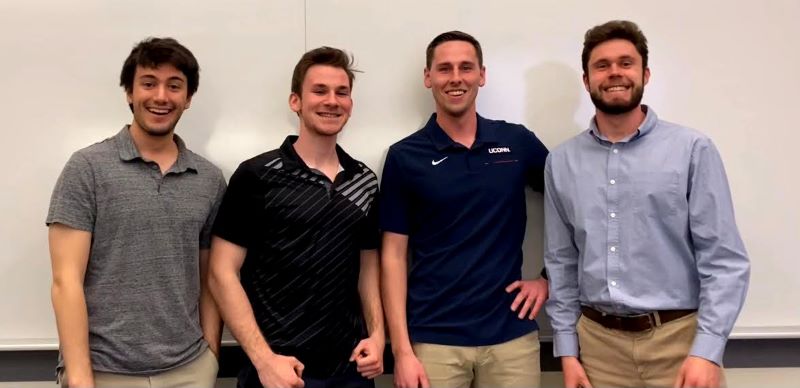
Team 13
Team Members |
Faculty Advisor |
Jensen Bassett |
Kelly Burke Sponsor University of Connecticut |
sponsored by
Sponsor Image Not Available
LEGO and similar companies manufacture and sell vast amounts of non-renewable, petroleum-derived plastic toy bricks. These toy bricks are made mostly from ABS (acrylonitrile-butadiene-styrene), a strong and durable polymer. The goal of this project is to develop a theoretical manufacturing process that could sustainably replace 1% of the annual production of the LEGO company’s ABS toy bricks. The proposed process must produce the three monomers from sustainable and renewable sources, such as plants or microorganisms. To design an effective solution, the process must yield bio-derived ABS at a cost similar to consumer toy bricks. The team utilized vast amounts of organic synthesis data to develop a unique method to produce each component in ABS. The theoretical manufacturing process was modeled using Aspen Plus to determine the cost and emissions of our proposed reaction pathways. Taking advantage of new research and similar industrial processes, we aim to develop a process that could replace more than 1% of the annual production of petroleum-derived ABS toy bricks at a competitive cost to consumers.
